Thank You For Buying Superconscious Leadership Book 1
For our roundup of free and low cost tools, methods and models, click here.
For Higher Mind Leadership resources, click here.
Click for PDF version of the IANDS 2023 presentation.
Try a DREAM Coaching Session Below!
If you don't know how to Haven yet, click here and then come back.
Meet Your Team Where They Are
The slideshow below is just to give you an idea as to how TiQi Leaders (superconscious leaders, higher mind leaders) may guide their team from SURVIVAL (YELLOW) to TRANSCENDENCE. There are no real "stages."
What is Superconscious Leadership?
The superconscious leadership philosophy is both quantum-informed and trauma-informed. Based on quantum perspectives and parapsychology research, superconscious leaders acknowledge the FOUNDATION RULE: Our Universe exists in conscious awareness. Based on their own experiences or experiential research, they go as far as saying: LOVE is foundational. The frequency of love is foundational and the one truth. Form comes from the formless. Stuff comes from the non-stuffness. They view the body as a "biological spacesuit" containing mindbody ("Mindy") features and parts intending to be helpful, but which often end up being "helpful" (meaning unhelpful or problematic). Leaders discern suitstuff with compassion, meeting their teams where they are and guiding teams from survival mode (83% are stressed) to transcendence. This involves a trauma-informed lens and understanding key suit features (physiological states and effects).
Superconscious leaders embody the 3-fold mission: amplifying love, calling anything imprinted otherwise back to love, and being a guardian of love. In helping teams drop protective encodings, Quantum Selves emerge, achieving flow states, wisdom and intuition.
Superconscious leadership is about being a catalyst for positive change, inspiring others to tap into their own potential and purpose. It is a transformative and visionary approach to leadership that seeks to create a more conscious, compassionate, healthy and healed world.
Superconscious Leadership
Join the Conversation
Chances are high that I'd love to have you on my podcast to talk about what Superconscious Leadership looks likes for you and how we can all further embrace showing up as heart-centric leaders.

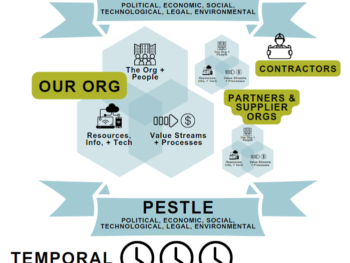

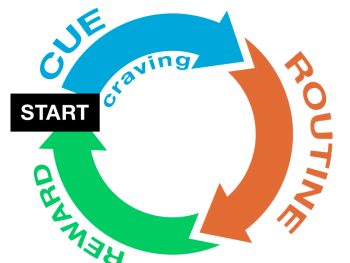

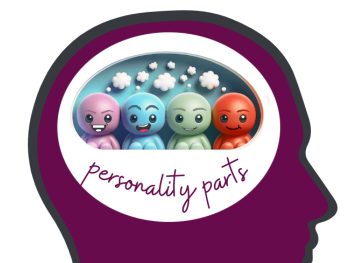
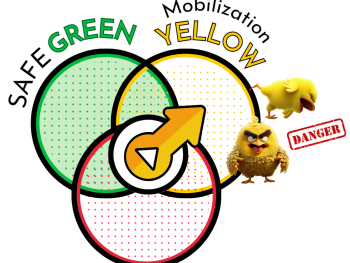
 D (Dominance) Part i (Influence) Part
D (Dominance) Part i (Influence) Part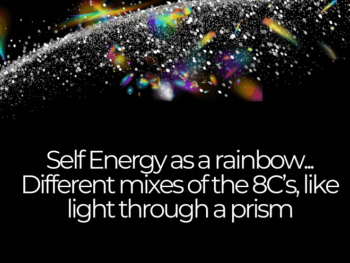


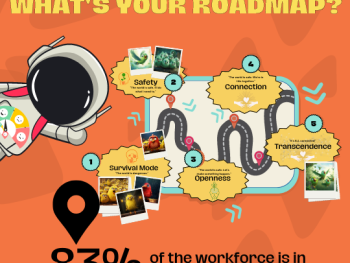
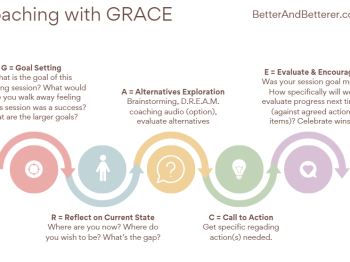
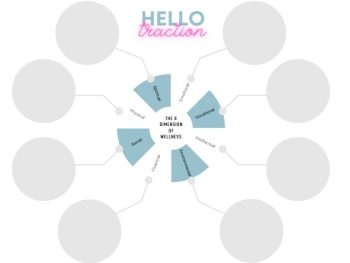

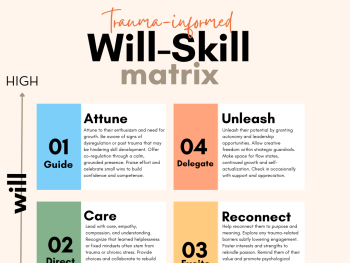




 Transliminality might sound like a term from a sci-fi movie, but in reality, it's a potent concept deeply rooted in psychology that's gaining
Transliminality might sound like a term from a sci-fi movie, but in reality, it's a potent concept deeply rooted in psychology that's gaining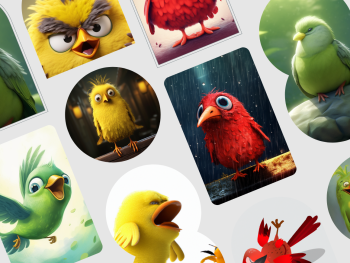



 Green Feather Mode: The Ventral Vagal State
Green Feather Mode: The Ventral Vagal State  Yellow Feather Mode: The Sympathetic State
Yellow Feather Mode: The Sympathetic State  Red Feather Mode: The Dorsal Vagal State
Red Feather Mode: The Dorsal Vagal State 

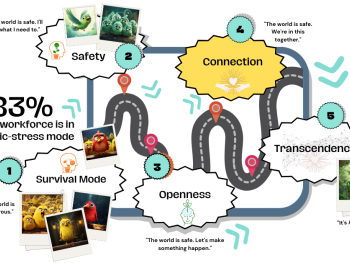
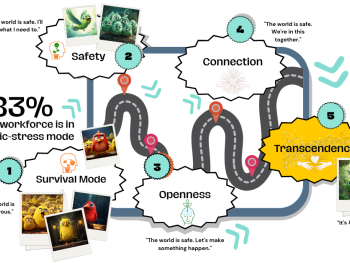


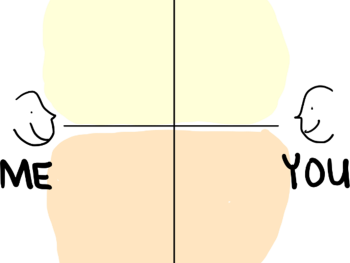

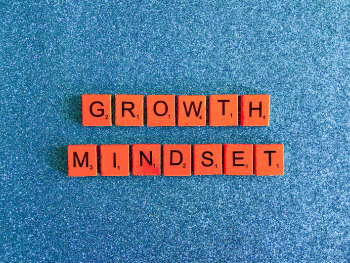

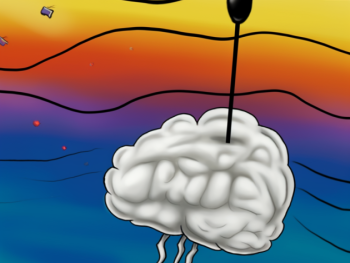
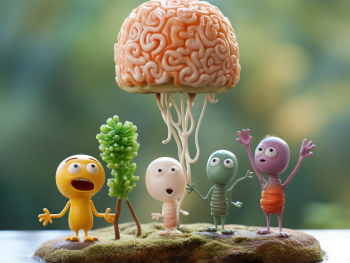








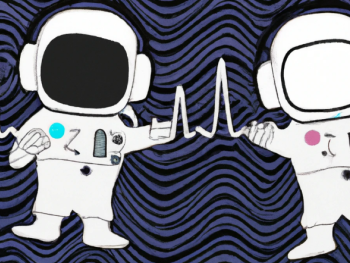

Copyright © 2017 - 2024 Better and Betterer
Disclaimer: This site is a collection of personal development and wellness content and conversations and is intended for entertainment purposes only. Ideas and content shared here is NOT a substitute for medical or professional help and guidance. If you have or think you may have or could possibly have a mental health issue, consult with a doctor immediately. As a certified Havening Techniques® Practitioner, I help clients increase their wellbeing and de-stress. I am not a medical professional: I work with derailers, not disorders. If you have or expect you have a mental disorder, seek out a medical professional. Note that therapists also refer their clients to me, and if you would like your therapist to do so, I am happy to partner with them in your healing.









